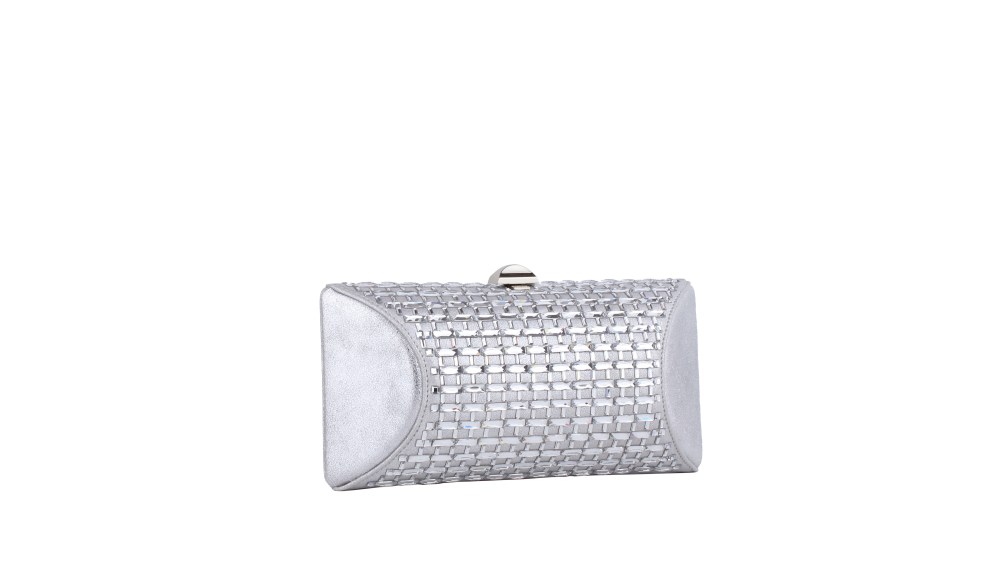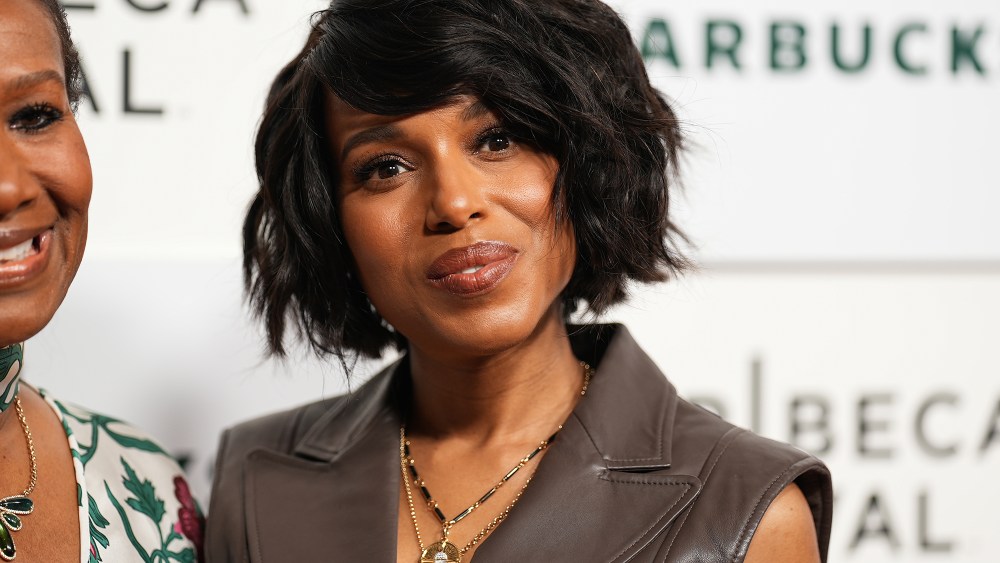MILAN — While in his usual low-key way, Gianni Dori could hardly contain his pride.
In an interview in Milan, the chief executive officer of Rodo, best known for its use of precious metal or crystal-embellished clutches and sandals, shared that the family-owned company will be bestowed the recognition of “historical brand of national interest” by Italy‘s Ministry of Enterprises and Made in Italy next year. In 2026, Rodo will mark 70 years since its establishment in 1956 by Dori’s father Romualdo, whose initial syllables form the brand’s moniker.
Another source of pride is that Rodo is one of the few remaining privately owned accessories producers in the country, although Dori, who shares the lead with his brother Maurizio in charge of design, admitted the current scenario is challenging for brands that are not backed by luxury conglomerates or industrial investors.
You May Also Like
No matter, pride shone through as Dori shared images of the expanded production plant in Mogliano Marche, located around 30 miles south of Ancona, in an area known for artisanal leather goods manufacturing. Inaugurated in 2022, it was built taking sustainability into consideration, with photovoltaic panels that supply 75 percent of the energy needed to function, and an anti-seismic structure, given the high earthquake hazard of the region. “Maintaining control of the production process is paramount,” Dori said.

Originally well-reputed for its wicker baskets, Rodo’s scope expanded to footwear and high-end bags. The Dori siblings over the years have continued to leverage the artisanal quality of the brand’s products, made locally, drawing celebrity fans including Kate Winslet, Cate Blanchett, Beyoncé Knowles-Carter and Jessica Alba. Earlier this month, Ashley Graham and Kendall Jenner carried Rodo’s delicately embellished clutches at the Met Gala.

“Despite the economy, if you maintain quality at the highest level, there is room for success,” said Dori, whose company over the years has also produced for several international luxury brands.
Online, North America represents almost 60 percent of Rodo’s business, but Asia, from China to Indonesia, remains the biggest market for the brand, said Dori.
“In the U.S., we are now aiming to be available more in specialty stores and boutiques for greater visibility, as the floors of department stores are increasingly crowded, and we risk being positioned in the wrong area,” he contended.

Rodo has been seeing successful partnerships with Selfridges and Harrods. Another corner is opening at Rinascente in Milan, and a corner at Printemps in Paris will be inaugurated at the end of January.
Globally, footwear represents 60 percent of sales, but Dori said this percentage changes depending on the market, as, for example, in Japan Rodo sells more bags than shoes. “The performance of handbags is proportional to the awareness of the brand,” said Dori.



